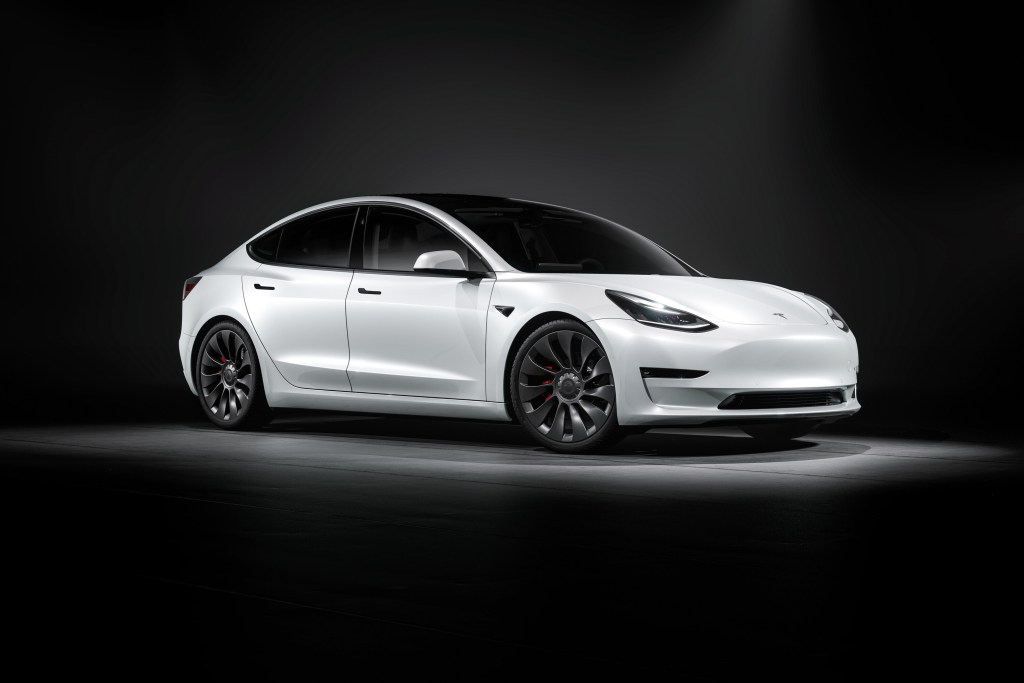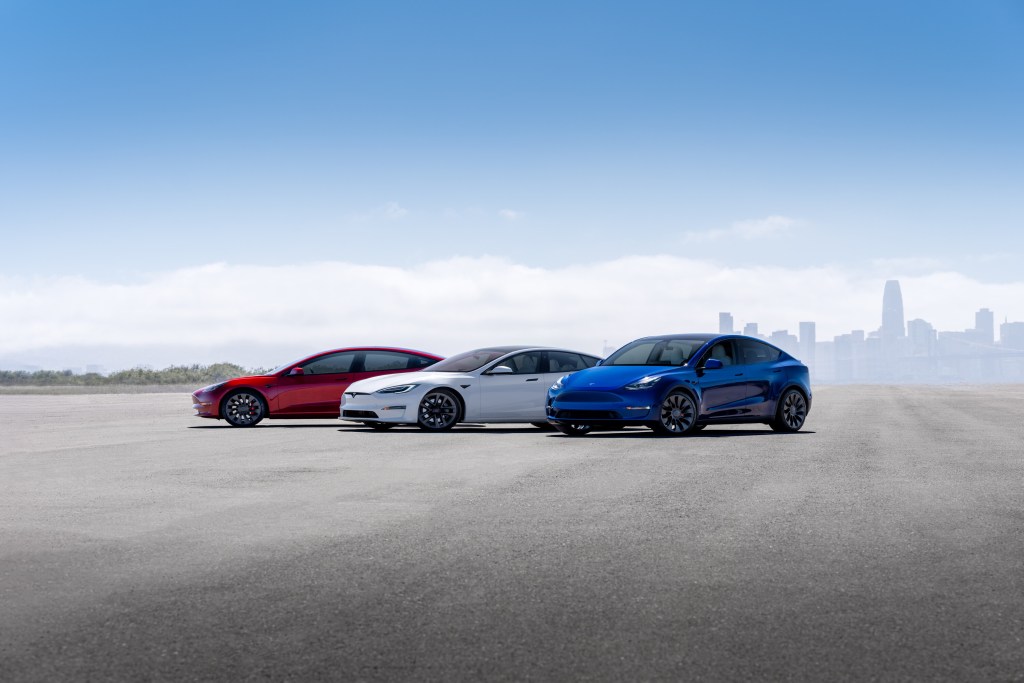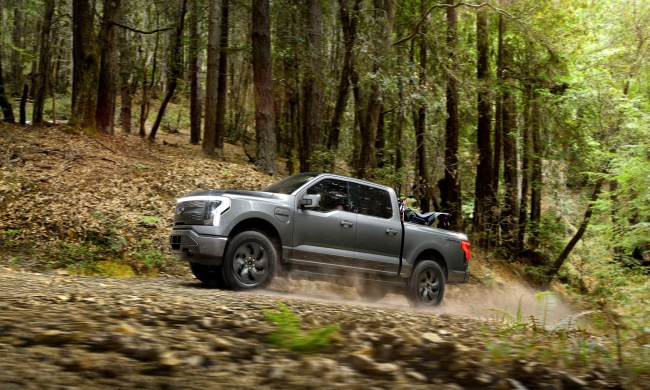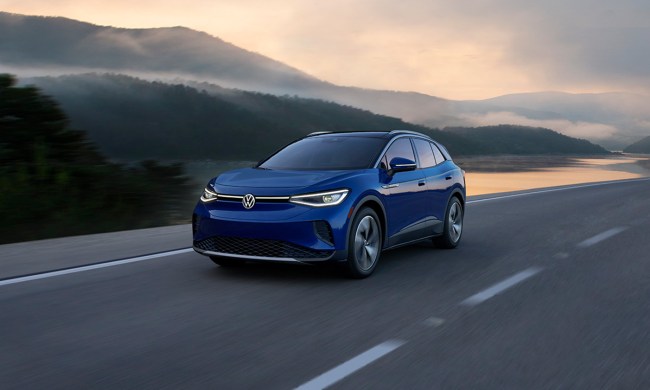A lot of consumers are loyal to the brands they trust the most, ultimately driving their purchasing habits. Often, many view the relationship between companies and their consumers as solely transactional. This sentiment is also true for the automotive sector; given the car buying experience is often merely transactional. Yet, it’s one industry with immense consumer brand loyalty to date, even with countless options available on the market.
With the rise of the EV evolution over the last decade, one of the largest and most notable manufacturers to date has been Tesla. Since established in 2003, Tesla has become a household name for its innovative all-electric cars. Tesla has also gathered attention due to its unique marketing practices focused on $0 marketing initiatives for its brand. These strategies make many ponder what the secret to Tesla’s marketing strategy is with no budget. Let’s explore the marketing lessons you can learn from Tesla and use today.

1. Put the consumer first
One of the most influential and crucial components of any business is its consumers. For more EV brands to adopt a unique marketing strategy (like Tesla’s marketing practices) that will work effectively and affordably, it’s essential to put their consumer market first. For example, Tesla has been leading the auto market in consumer satisfaction for several years. This is partly because Tesla doesn’t rely on dealerships to sell its cars.
Tesla believes the car buying process should be seamless and efficient by controlling the entire process rather than relying on authorized franchise dealers to sell its vehicles. This idea allows consumers to feel their purchase is more valued and personalized to meet their vehicle needs.
2. Redesign the purchasing process
As previously stated above, Tesla doesn’t rely on authorized dealers to sell its vehicles to buyers; the company controls the entire process directly. Tesla depends on buyers to purchase directly through its website and have the vehicle delivered to the purchaser’s home, even if they visit a retail showroom to view the vehicle in person.
This method ultimately allows the consumer to design the model, trim, and vehicle features they desire most. It provides a more personalized process of purchasing an automobile. Tesla also offers contactless test drives from one of its showrooms, removing the potential pushy sales tactics from the purchase process for the consumer.
3. Focus on customer retention post-purchase
If you research some automakers, Tesla included, with the highest consumer brand loyalty, you’ll see post-purchase customer service is critical. Realizing the consumer and company relationship doesn’t stop after the sale should be a top priority for any other EV manufacturer looking to adopt the Tesla marketing strategy.
Focusing on your consumers should also include being transparent with them regarding their purchases, even after receiving their vehicles. For instance, if there are any warranty enhancements, delays to deliveries, or other concerns that could impact their vehicles, it needs to be addressed and rectified with the customers directly to ensure their safety and their satisfaction. Transparency with your consumers can create greater brand loyalty.
4. Embrace content marketing versus paid ads
Many businesses today use content marketing as a large part of their marketing strategy. The Tesla marketing team also believes this is the most low-cost and effective strategy to market the company. The majority of consumers are online, therefore so should be your advertising. However, most consumers looking for a vehicle will not be overwhelmed with ads online and offline.
Therefore, marketing lessons to learn from Tesla is that the company focuses on letting its content and presence online speak for itself with content marketing practices. Tesla optimizes its marketing by shifting its focus on creating an experience for consumers that automatically turns consumers into an audience and devotees.
5. Build a robust referral program
One of the most meaningful ways to increase your business profitability and visibility is by word-of-mouth. Buyers who are satisfied with their purchases are more likely to share their experiences with family, friends, and social media followers. Most individuals trust recommendations from friends and family far more than they would hold value to an ad of a brand promoting itself. Tesla marketing has embraced this concept to provide a robust referral program to their customers to provide incentives and discounts to share with others.
6. Welcome the influence of competition
There’s no shortage of all-electric vehicles on the market now, and there are many more in development. Many gas-powered manufacturers are also moving to provide all-electric options as well.
While many look to view competition as someone who could potentially steal business, Tesla does the opposite. Tesla, and its CEO Elon Musk, have historically said they value the competition, embracing all-electric vehicle options. Embracing the competition means creating more overall opportunities for the sector, which should be the goal.

Final remarks on Tesla’s unique marketing strategies
Tesla has become a pioneer in the all-electric vehicle industry for a multitude of reasons. It’s not only a high-quality EV manufacturer, but Tesla has also been able to use a successful marketing plan without ads or a marketing budget.
The goal of an effective strategy, such as Tesla’s marketing practices, is to build a rapport with your buyers, aside from what you sell. These six models have helped Tesla create an audience of devotees and brand loyalty for its brand. Other EV startups on the market have also taken note and implemented more practices like the Tesla marketing strategy.



